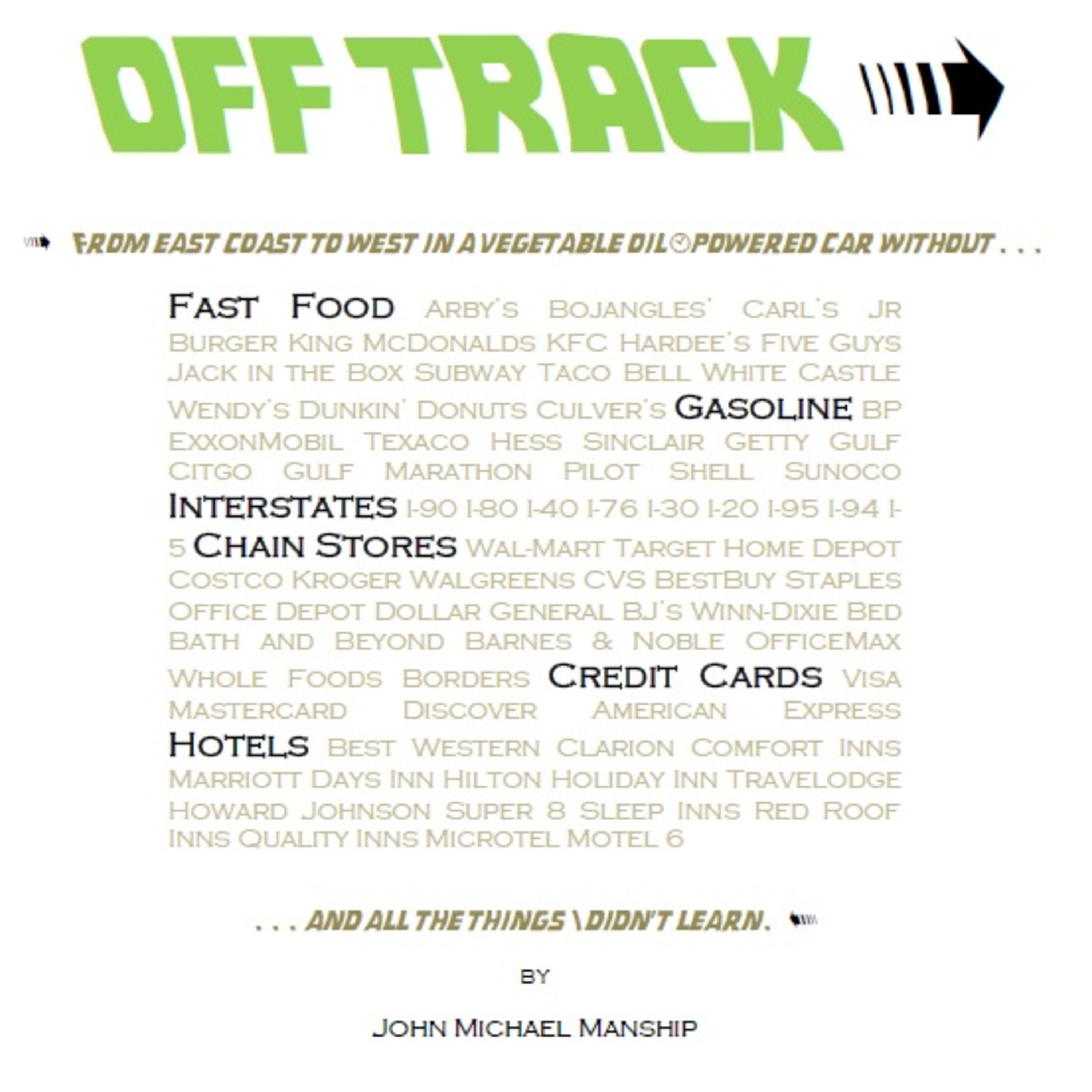 |
Future Cities Africa podcastAuthor: Dan @ Future Cities Africa
Future Cities Africa hosts discussions with thought leaders and experts at the forefront of major trends, projects, innovations, challenges and opportunities impacting the future of African Cities. Major drivers such as rapid urbanisation, health crisis, climate change, inadequate infrastructure, technology advancement and more are creating an urgent need for African Cities to become sustainable, livable and workable. New ways of thinking about governance, funding, mobility, urban planning and design, construction and implementation of projects coupled with major advancements in technology like 5G, blockchain, artificial intelligence, the internet of things, data science, machine learning, renewable energy and more give promise of an uncertain but exciting future. To learn and stay at the forefront of trends, projects, innovations, challenges and opportunities impacting what future African Cities will look likesSubscribe to stay informed. Language: en Genres: Business, Management, Technology Contact email: Get it Feed URL: Get it iTunes ID: Get it |
Listen Now...
From Joburg is Finished to Watch This Space - The Jozi My Jozi Turnaround
Episode 3
Friday, 12 December, 2025
Dive into the movement flipping Johannesburg's story from 'the city is finished' to 'watch this space'. In just two years Jozi My Jozi has lit up bridges, cleaned streets, built a full-size inner-city football field and signed a deal to revive the High Court precinct, all powered by citizens and smart partnerships. Guest: Innocent Mabusela, Head of Stakeholder Relations and Communication at Jozi My Jozi Host: Dan Claassen, Managing Director, Future Cities Africa










